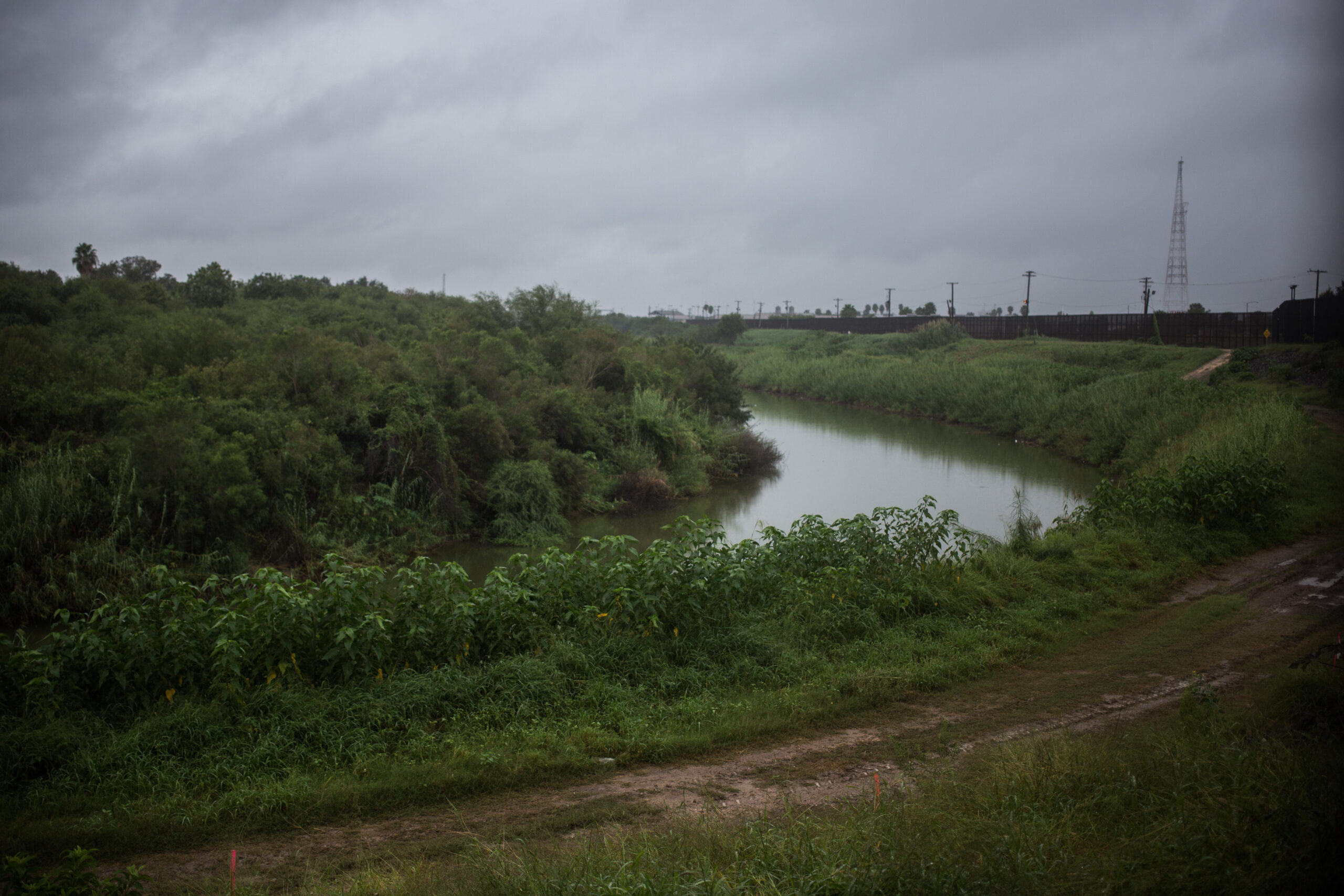The Department of Justice sued the state of Texas on Monday over its refusal to remove buoys from the Rio Grande. The state placed the buoys in the river near Eagle Pass several weeks ago, as part of Operation Lone Star, Texas’ multi-billion-dollar border security mission.
The DOJ warned it would take Texas to court last week if the buoys weren’t removed, stating that they illegally block a navigable waterway and violate treaties with Mexico.
Gov. Greg Abbott refused to comply with the orders. In a letter shared on Twitter Monday, Abbott doubled down on the state’s right to defend its borders. “Texas will see you in court, Mr. President,” wrote the governor.
Todd Gillman, Washington Bureau Chief for the Dallas Morning News, spoke to the Texas Standard about the lawsuit. Listen to the interview above or read the transcript below.
This transcript has been edited lightly for clarity:
Texas Standard: So when were these buoys first placed in the river and what is their purpose, according to the state of Texas?
Todd Gillman The buoys have been in the river for a few weeks now. They’re anchored to the riverbed. And the purpose is to deter illegal border crossing at that part of the river.
Just to be clear, last week we heard reports about migrants who’d been injured by razor wire and pushed back into the river from the American bank by state troopers. Does this lawsuit address those claims?
Not directly.
The federal government’s contention right now is based entirely on something called the “Rivers and Harbors Act,” which Gov. Abbott calls an “obscure law.” That doesn’t mean it’s not a law, it just means it’s not something that comes into play all that often.
Under that law, you can’t put any kind of obstruction or build anything in a navigable waterway of the United States without permission of the U.S. Army Corps of Engineers. There are other laws that probably apply, including a couple of treaty obligations between the United States and Mexico. But the Justice Department didn’t directly cite any alleged violation of international law.















